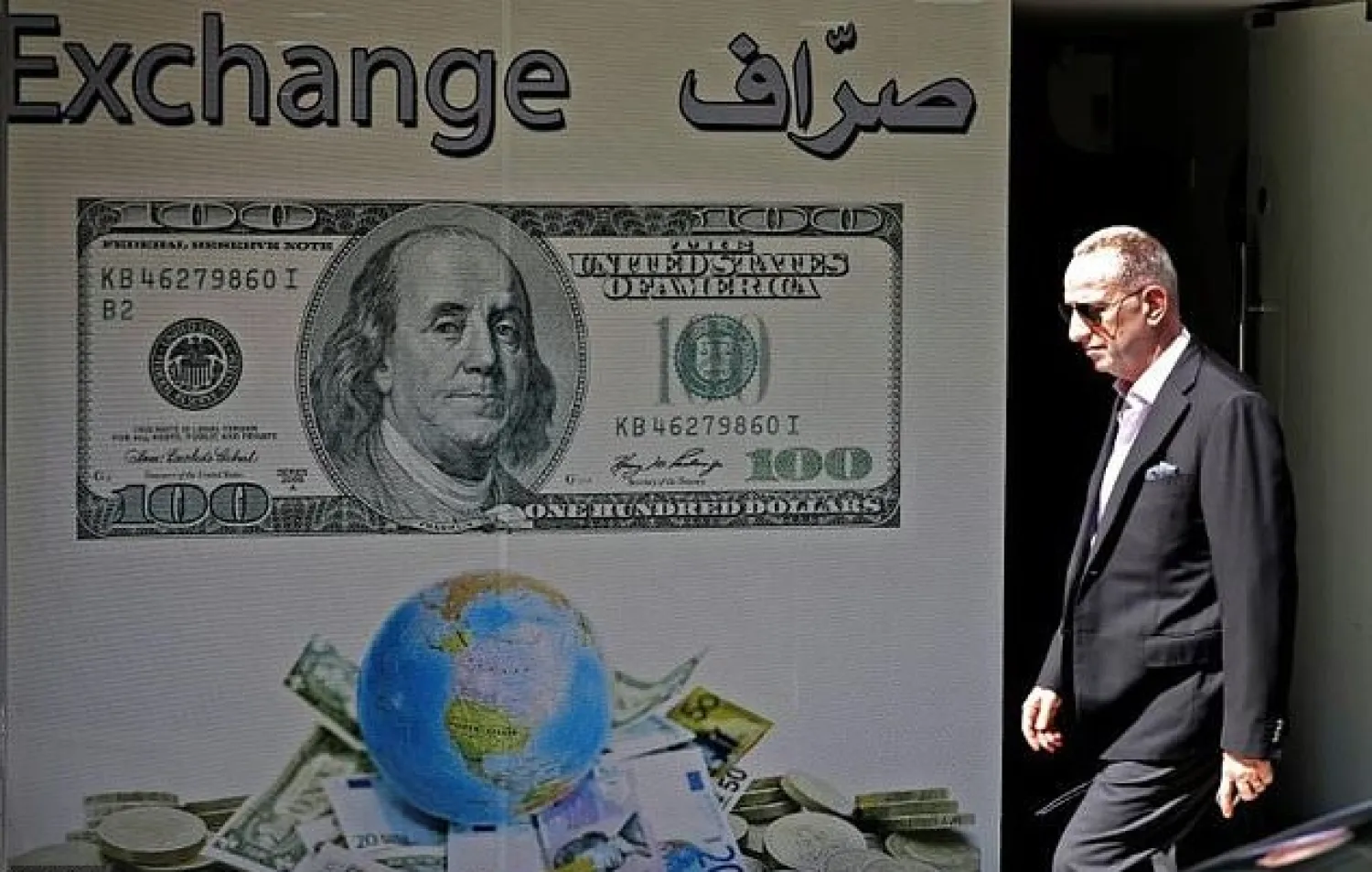Fears of a monetary devaluation in Lebanon, where the exchange rate has been fixed for more than two decades, are on the increase following a dollar shortage and the downgrading of the country's sovereign credit rating.
- Why the panic? -
Panic has gripped Lebanon in recent weeks when it became nearly impossible to withdraw dollars from ATMs or to change large sums in banks, AFP reported.
Since 1997, when the exchange rate was fixed at 1,500 Lebanese pounds to the dollar, the greenback has been used interchangeably with Lebanese pounds in everyday transactions.
That measure was adopted after several rounds of devaluations in the 1980s and after Lebanon 1975-1990 civil war.
But on the parallel market, exchange rates reached 1,600 Lebanese pounds to the dollar in September.
This depreciation and banking restrictions prompted calls for strikes, notably from gas station owners who receive pounds but would have to pay suppliers in dollars. The action was called off under a deal allowing payments in dollars.
After initially denying a dollar shortage, the central bank blamed the fluctuating exchange rate on increased imports, which observers say could be partly due to smuggling to neighbouring war-torn Syria.
But Lebanese economist Jad Chaaban points to a decision by banking authorities to control the flow of capital, including central bank "oversight to limit anyone exchanging dollars in banks, but also withdrawing large dollar amounts".
- Why did agencies downgrade Lebanon? -
The original rationale for banking restrictions was worry over revised ratings to Lebanon by the three major international credit agencies.
On Tuesday, Moody's announced it had put Lebanon's credit rating "under observation" with the possibility of a downgrade within three months. The agency downgraded Lebanon from "B3" to "Caa1" in January, signalling "a very high credit risk".
In August, Fitch downgraded Lebanon from "B-" to "CCC", a category for countries where there is a "real possibility" of default.
Standard & Poor's (S&P) kept Lebanon's "B-/B" rating but with a negative outlook, meaning it could slide over the next year, the agency's associate director of sovereign ratings Zahabia Gupta told AFP.
The Lebanese economy has suffered for years from low growth and a public debt swelling to around $86 billion. At roughly 150 percent of gross domestic product, this is one of the highest rates worldwide.
For the past year, Beirut has been trying to introduce economic reforms in order to unlock pledges of $11.6 billion in loans and grants from the international community.
This crucial aid has not been released due to delays in implementing reforms.
- Is the risk of devaluation real? -
Despite the worry, "there is no real risk today of a devaluation", according to economist Nassib Ghobril.
The central bank "has the necessary tools" to maintain monetary stability, said the chief economist at Byblos Bank.
These tools include sufficient foreign currency reserves to allow the bank to buy and sell currency to maintain the rate of the Lebanese pound.
At the end of September, foreign reserves reached $38.5 billion, an increase of over $2 billion since June, according to official figures, about four times the amount the country had in reserve in 2005.
According to AFP, another positive indicator for analysts are deposit inflows that can replenish foreign currency reserves. The central bank's inflows increased over three consecutive months between June and August, according to Marwan Barakat, chief economist at Bank Audi.
But observers remain cautious.
The increase in deposit inflows and central bank reserves "are primarily linked to the (central bank's) financial engineering and other one-off transactions and may not be sustained", warned S&P's Gupta.









